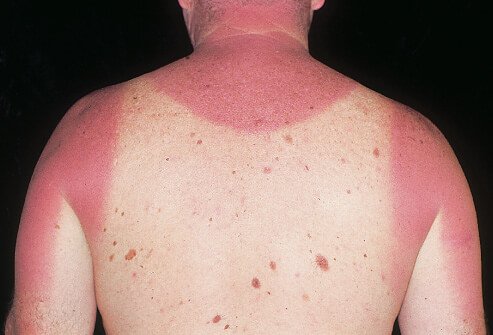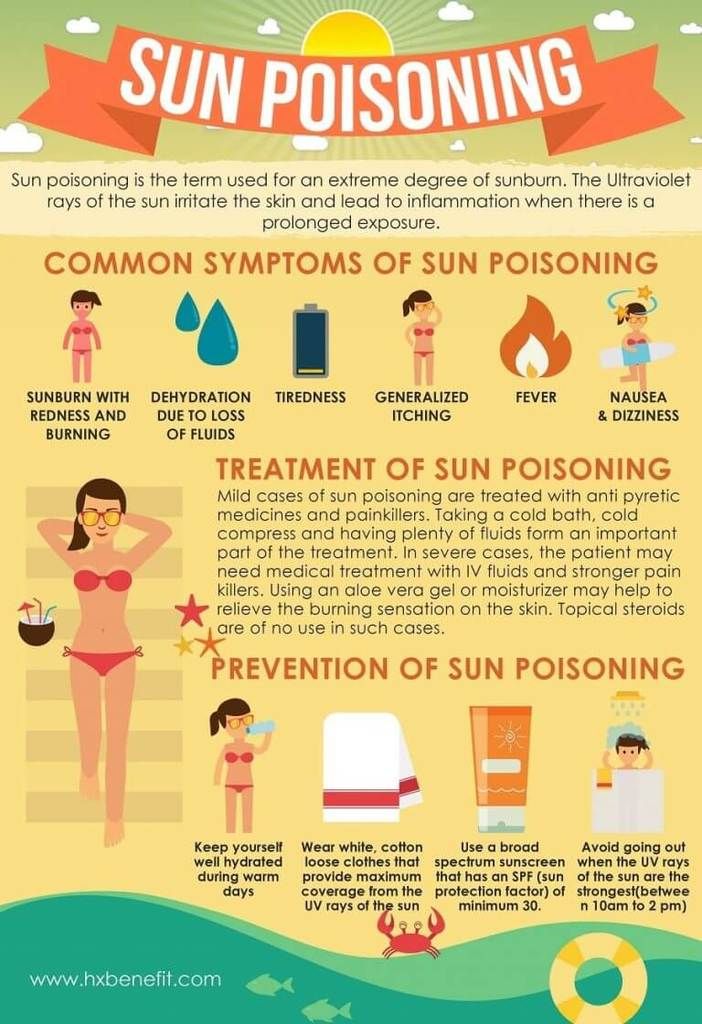
The best way to avoid sun poisoning is to stay out of the sun as much as possible
But if you do end up getting in the sun for some reason, you should know what to do in order to minimize your chances of coming into contact with harmful chemicals. There are also things that you can do to protect yourself from sunburns in the future.
Sun poisoning usually manifests itself through several unpleasant symptoms: blistering and painful blisters. Headaches and dizziness. Nausea and headache. Headache and burning.
Nausea and headache are the most common symptoms people report having. If you have them, seek medical attention right away. It can be caused by any number of things, but it's a good idea to get it checked out. You don't want to pass it on to someone else, or worse yet, yourself!
Heat is a common cause of sun poisoning. A lot of people go outside in the summer without sunscreen and never consider wearing any. Be aware that the sun can actually be a lot hotter in the summer months than it is during other times.
So when you're out there in the sun, especially in the summer, be aware of how hot it is. Wear sunscreen every time. Don't go swimming in the ocean or near a lake without sunscreen.
Next, because the sun is hot, it can be very hard to breathe, which is why it's important to take steps to cool off as quickly as possible. A cool breeze is a great way to help you get rid of the heat that comes from the sun. Find an area that is as cool as you can get and lay down.
And if the heat is so bad that you can't cool down enough, just turn on an air conditioner. But keep in mind that air conditioners can make the sun burn even more. So make sure you turn it down.
If the sun burns and the symptoms don't go away, see a doctor right away. Even if it seems like you aren't sick at all, it's important that you do what you can to avoid sun poisoning in the future.

Sunburns are the worst symptom of sun poisoning, but there are a few others. If you have a fever or feel really ill, get to the doctor right away.
Sun poisoning is caused by UV rays that come from the sun
They can be in the air we breathe, or they can hit the surface of the skin. The ultraviolet rays are absorbed by your skin, which makes the damage much more rapid than the ultraviolet light that comes from the sun itself.
Sunrays are harmful to every part of the body, but the most important thing they do to your skin is damage the cells. This results in skin rashes, blisters, and skin cancer.
If you are going out into the sun for extended periods of time, protect your skin and eyes first by wearing protective clothing. Even if you think you aren't going outside a lot, always wear sunscreen. Make sure you use protective sunglasses too.
If you are using the sun to tan, make sure you have an umbrella on if you are going somewhere where you are going to stay in a small space. Make sure your shades are wide open when you're indoors, so that the UV rays can't escape.
Try to avoid tanning beds as much as possible, as they are even worse for you if you have sun's rays on your face. The sun burns your face more than any other area of your body, and it doesn't take long for it to go all the way up to your cheekbones. If you are tanning at home, keep your windows open and the shades down, at least during the summer. If you are outside, put your shades on or at least partially up to reduce the amount of direct sunlight coming in.
There are some things you can do to help avoid sun burns. By being aware of what you are doing while you are out in the sun, you can help reduce your chances of sun poisoning. and protect your skin.
Don't forget that even if you're not sick, the sun will still do damage to your skin. The sun is a very powerful and damaging substance, and so even though you may be feeling fine, you can still be at risk for sunburn if you're not careful.
Leave a Reply